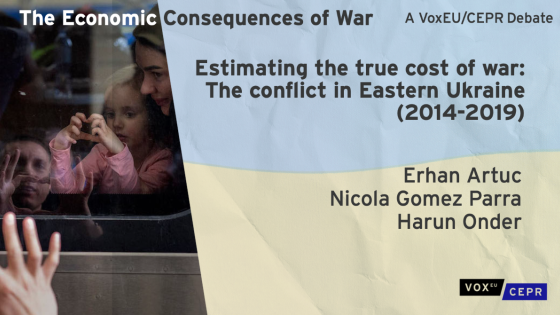DP5659 Explorations of the Effect of Experience on Preferences: Two Health-Care Case Studies
The standard assumption in economic theory is that preferences are stable. In particular, they are not changed as a result of experience with the good/service/event. Behavioral scientists have challenged this assumption and claimed (providing evidence) that preferences are constantly changing when experience is accumulated. This paper tests the effect of experience on preferences for attributes of health-care events. We are using two very different samples and a methodology that facilitates the estimation of marginal utilities of various attributes of a composite non-traded health-care service. Discrete Choice Experimental design is employed for the analysis of samples of (1) women who gave birth, and (2) women who were diagnosed with breast cancer. For each group we had information on experience. In the case of women who gave birth, the sample was decomposed into 3 sub-samples: pregnant women with their first child (no experience); women after one delivery (single experience); and mothers after more than one delivery (multiple experience). Preferences of the 3 sub-groups have then been compared. The breast cancer patients reported the number of chemotherapy/radiation treatments they have already received, thus enabling the construction of an experience variable and testing for the effect of experience on preferences. The basic finding is that preferences for health-care attributes are significantly changed as a result of experience with the health event. However, the amount of experience is irrelevant.


